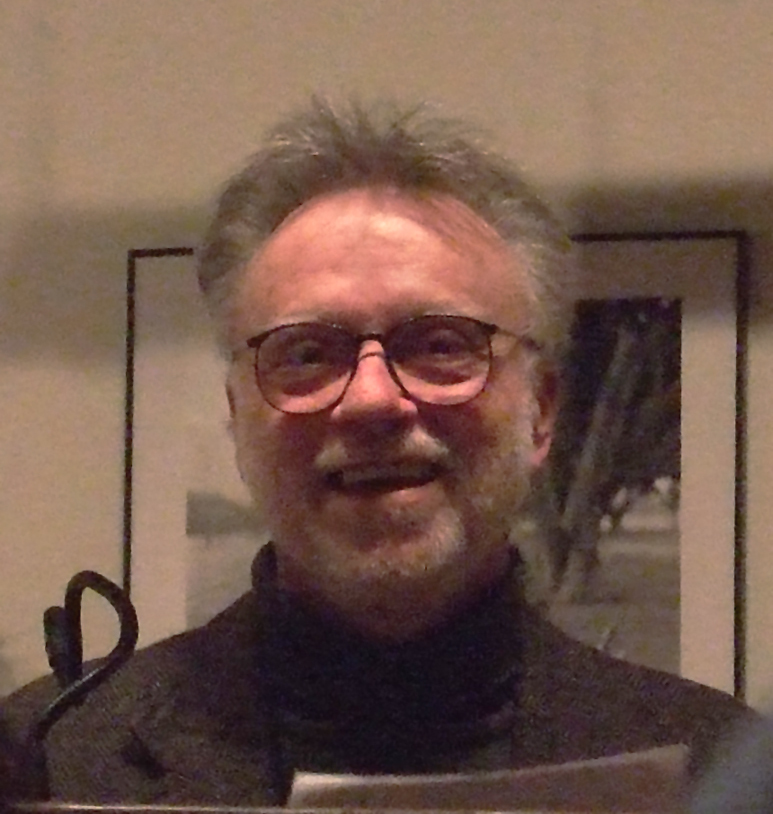 author
authorDiscover the Best Books Written by Nikos Kazantzakis
Nikos Kazantzakis (Greek: Νίκος Καζαντζάκης [ˈnikos kazanˈd͡zacis]; 2 March (OS 18 February) 1883 – 26 October 1957) was a Greek writer. Widely considered a giant of modern Greek literature, he was nominated for the Nobel Prize in Literature in nine different years. Kazantzakis's novels included Zorba the Greek (published in 1946 as Life and Times of Alexis Zorbas), Christ Recrucified (1948), Captain Michalis (1950, translated Freedom or Death), and The Last Temptation of Christ (1955).
He also wrote plays, travel books, memoirs, and philosophical essays, such as The Saviors of God: Spiritual Exercises. His fame spread in the English-speaking world due to cinematic adaptations of Zorba the Greek (1964) and The Last Temptation of Christ (1988). He also translated a number of notable works into Modern Greek, such as the Divine Comedy, Thus Spoke Zarathustra, On the Origin of Species, and Homer's Iliad and Odyssey.
When Kazantzakis was born in 1883 in Kandiye, now Heraklion. Crete had not yet joined the modern Greek state (which had been established in 1832) and was still under the rule of the Ottoman Empire. From 1902 to 1906, Kazantzakis studied law at the University of Athens; his 1906 Juris Doctor thesis title was Ο Φρειδερίκος Νίτσε εν τη φιλοσοφία του δικαίου και της πολιτείας ("Friedrich Nietzsche on the Philosophy of Law and the State").
Then he went to the Sorbonne in 1907 to study philosophy. There he fell under the influence of Henri Bergson. His 1909 doctoral dissertation at the Sorbonne was a reworked version of his 1906 dissertation under the title Friedrich Nietzsche dans la philosophie du droit et de la cité ("Friedrich Nietzsche on the Philosophy of Right and the State"). Upon his return to Greece, he began translating works of philosophy. In 1914 he met Angelos Sikelianos. Together they traveled for two years in places where Greek Orthodox Christian culture flourished, largely influenced by the enthusiastic nationalism of Sikelianos.
Kazantzakis married Galatea Alexiou in 1911; they divorced in 1926. Kazantzakis met Eleni Samiou in 1924. They began a romantic relationship in 1928, though they were not married until 1945. Samiou helped Kazantzakis with his work, typing drafts, accompanying him on his travels, and managing his business affairs. They were married until his death in 1957. Samiou died in 2004.
Between 1922 and his death in 1957, he sojourned in Paris and Berlin (from 1922 to 1924), Italy, Russia (in 1925), Spain (in 1932), and then later in Cyprus, Aegina, Egypt, Mount Sinai, Czechoslovakia, Nice (he later bought a villa in nearby Antibes, in the Old Town section near the famed seawall), China, and Japan.
While in Berlin, where the political situation was explosive, Kazantzakis discovered communism and became an admirer of Vladimir Lenin. He never became a committed communist but visited the Soviet Union and stayed with the Left Opposition politician and writer Victor Serge. He witnessed the rise of Joseph Stalin and became disillusioned with Soviet-style communism. Around this time, his earlier nationalist beliefs were gradually replaced by a more universalist ideology. As a journalist in 1926, he got interviews with Miguel Primo de Rivera and the Italian dictator Benito Mussolini.
During WWII, he was in Athens and translated the Iliad together with the philologist Ioannis Kakridis. In 1945, he became the leader of a small party on the non-communist left and entered the Greek government as Minister without Portfolio. He resigned from this post the following year. In 1946, Kazantzakis became the head of the UNESCO Bureau of translations, the organization which promoted translations of literary work. However, he resigned in 1947 to concentrate on writing and indeed produced most of his literary output during the last ten years of his life.
In 1946 The Society of Greek Writers recommended that Kazantzakis and Angelos Sikelianos be awarded the Nobel Prize for Literature. In 1957, he lost the Prize to Albert Camus by a single vote. Camus later said that Kazantzakis deserved the honor "a hundred times more" than himself. In total, Kazantzakis was nominated in nine different years.
Best author’s book






















